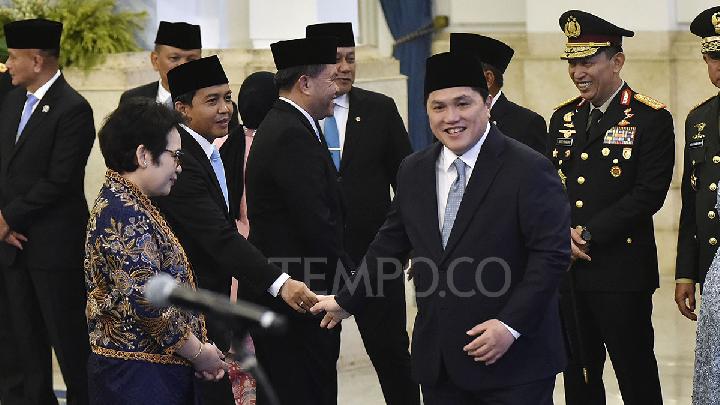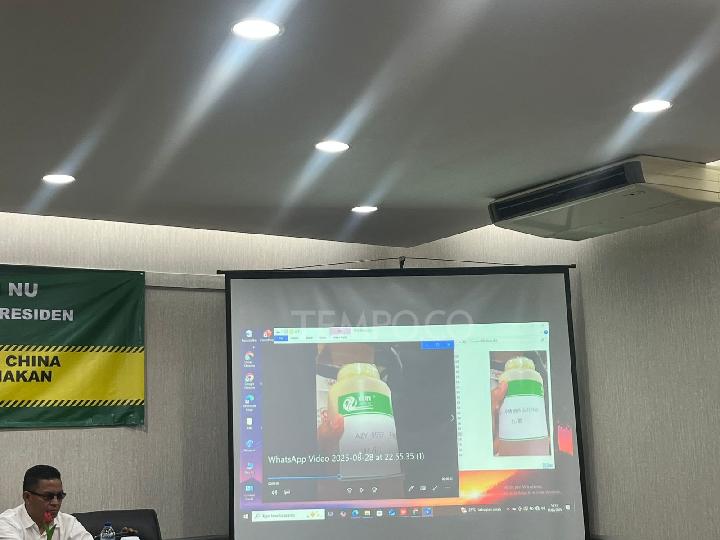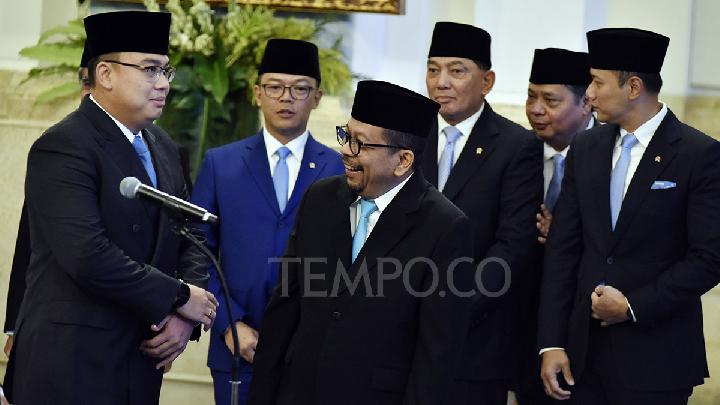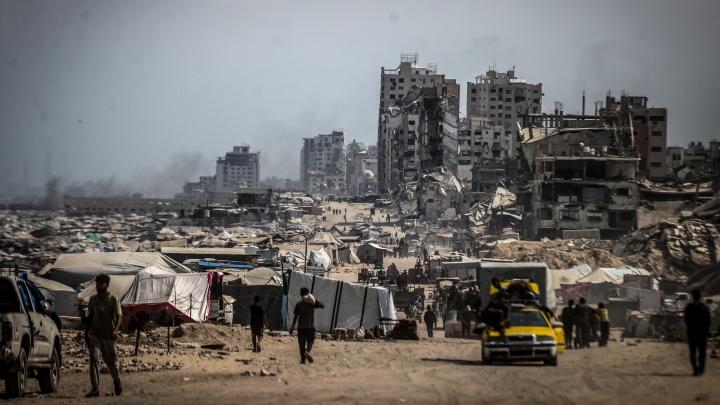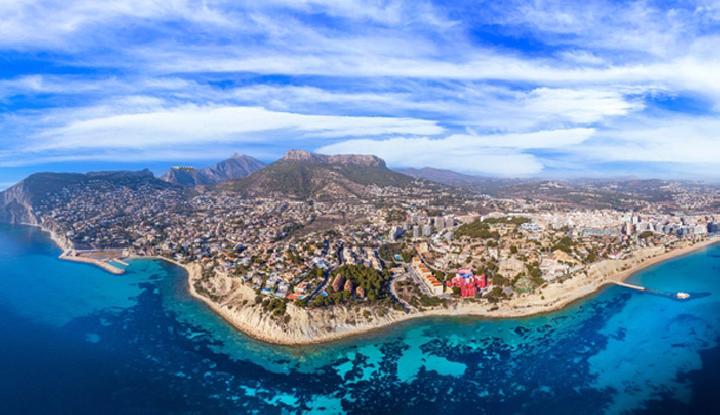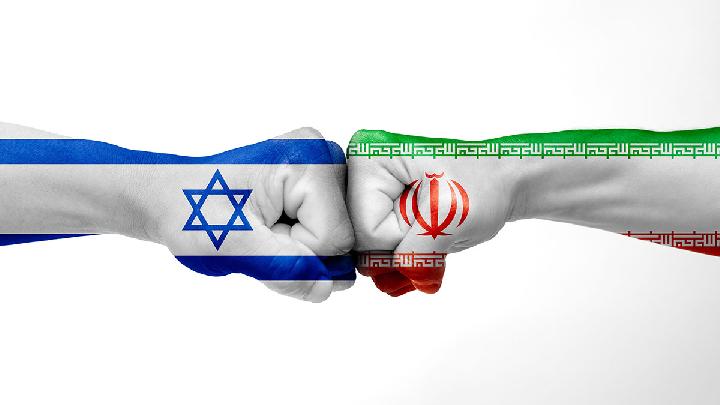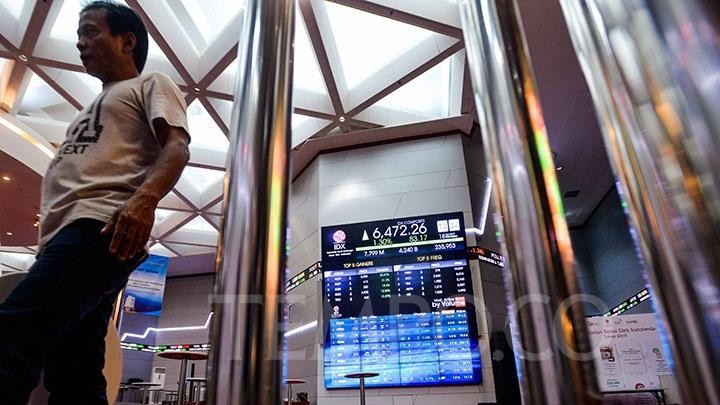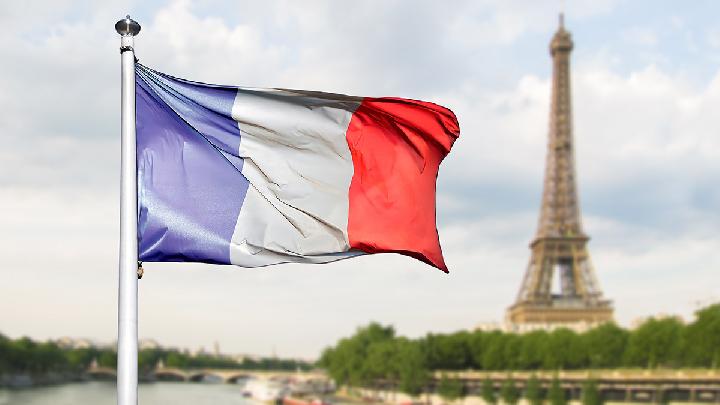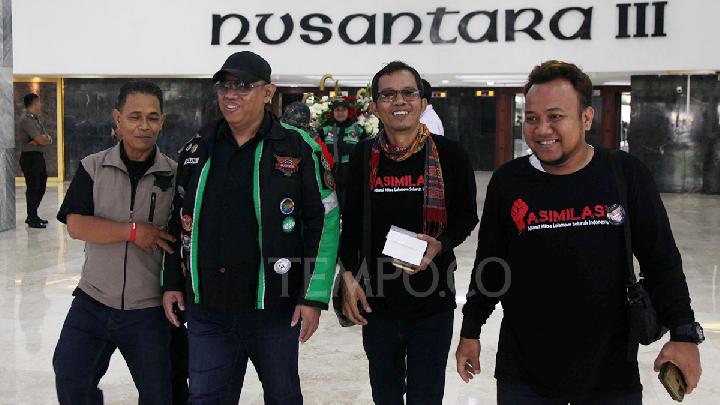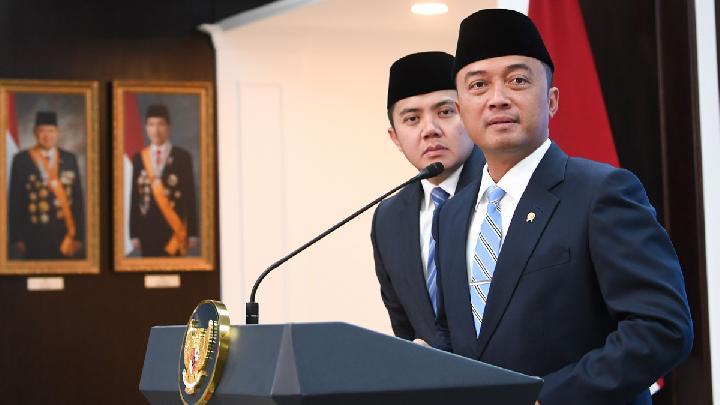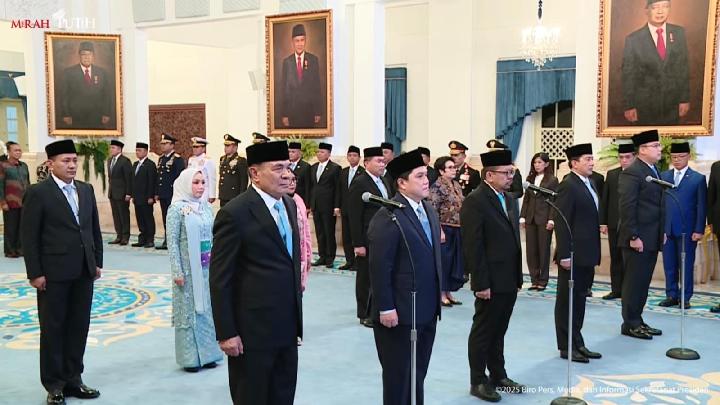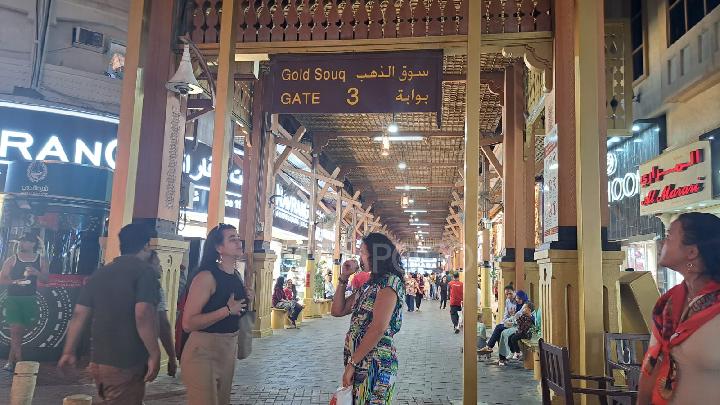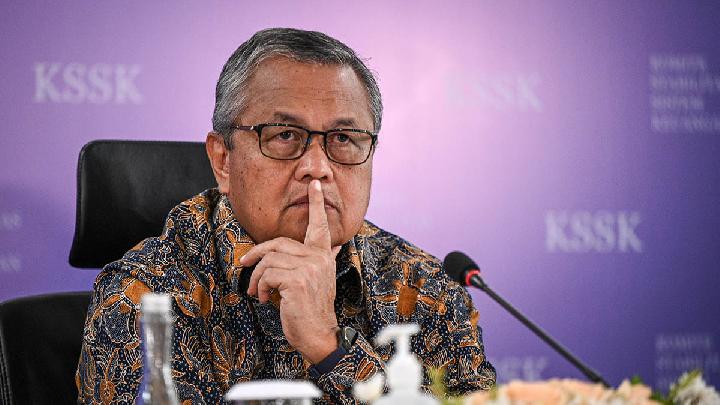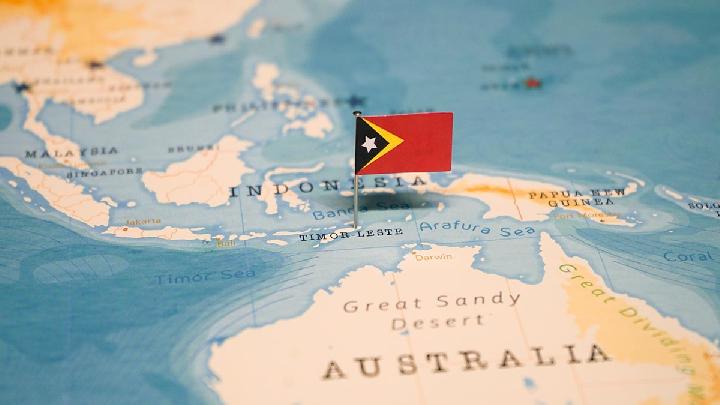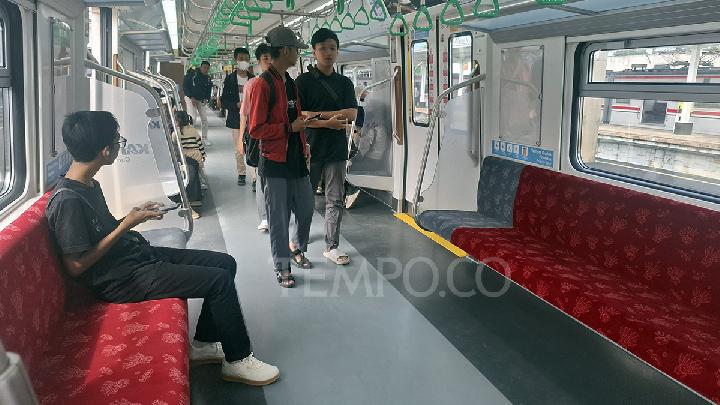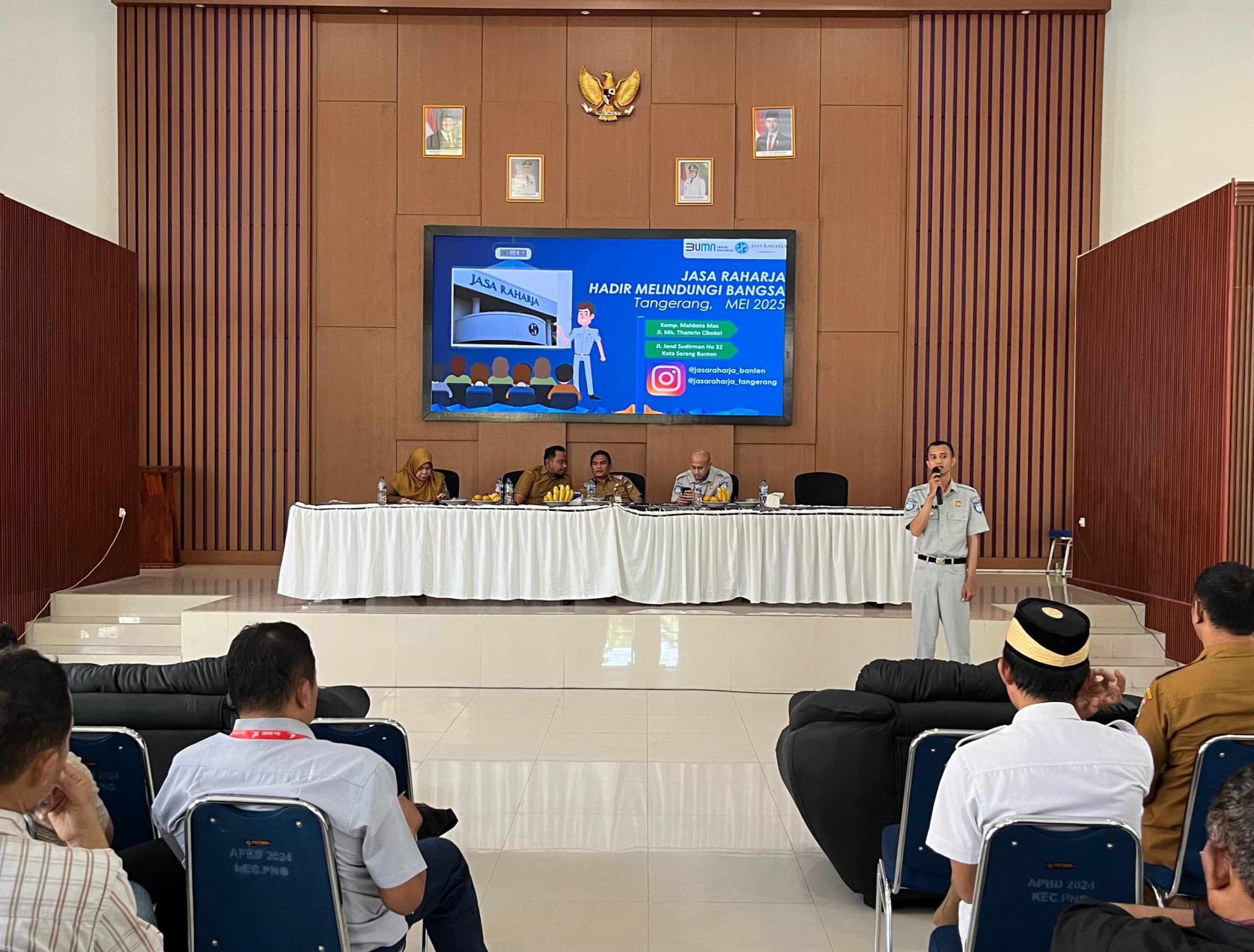TEMPO.CO, Jakarta - More than 1,000 furoda hajj pilgrims from Indonesia are disappointed as they fail to depart to the Holy Land this year. After spending hundreds of millions of rupiah, it turns out the Saudi Arabian Government decided not to issue furoda hajj visas this year.
Furoda hajj is a hajj program directly managed by the Saudi Arabian Government. To obtain a visa quota from the Saudi government, pilgrims must be outside the regular regular hajj quota. This is what causes haji furoda hajj to be referred to as non-quota hajj or also known as mujamalah visas.
Generally, there are two types of furoda hajj visas, namely the general public visa intended for individuals who want to perform the hajj without waiting for a long time, and the invitation visa given specifically and free of charge to selected individuals by the Saudi Arabian Government.
The legality of furoda hajj has also been recognized by the Indonesian government as stated in Law Number 8 of 2019 concerning the Implementation of Hajj and Umrah Worship. This hajj program is also supervised by the Special Hajj Organizer (PIHK) which must report the departure of hajj pilgrims to the Ministry of Religious Affairs.
However, former Minister of Religious Affairs Lukman Hakim Saifuddin assessed that the practice of providing access to furoda hajj has now shifted from the initial provisions. Where the source was originally required to come from an official invitation accompanied by the provision of hajj facilities by the Saudi government, it has now become a business agreement between travel agents and the Saudi Arabian Government.
"Unlike mujamalah visas issued by Saudi government officials as official invitations to Indonesian citizens, the origin of furoda visas is ambiguous," he said in a written statement on Saturday, June 7, 2025. Lukman stated that the issuance of furoda visas is full of uncertainty.
The reason, according to Lukman, the issuance and procedures for obtaining haji furoda visas lack transparency. This includes for the Indonesian government, which he said has no knowledge of who the inviting party is, who is invited, and how many visas will be issued. Therefore, Lukman concluded that the trading of hajj packages with furoda visas is categorized as 'gharar' in Islamic law containing speculative elements due to the uncertainty.
Not only detrimental to prospective pilgrims, the uncertainty of issuing furoda hajj visas is also considered to threaten Indonesia's diplomatic relationship with Saudi Arabia. "When this type of visa is not issued until the eve of wukuf, there is a mutual shifting of blame and responsibility between prospective hajj pilgrims, Special Hajj Organizers (PIHK), the Indonesian government, and the Saudi Arabian government," he said.
Lukman believes that the confusion about furoda hajj visas is difficult to address due to the lack of clarity on whom to demand accountability from. Thus, he proposed that the Saudi government limit the use of non-quota hajj visas through significantly restricted mujamalah visas. In other words, Lukman is advocating for the hajj pilgrimage to only be conducted with official quota visas and non-quota visas from the Saudi government. "As for furoda visas which are prone to being 'traded', it should be abolished," he suggested.
In response to this proposal, the Ministry of Religious Affairs has not yet taken a stance. "I can't comment on this issue yet," said the Director General of Hajj and Umrah Implementation Hilman Latief when contacted on Saturday.
Previously, Minister of Religious Affairs Nasaruddin Umar said the delay in issuing furoda hajj visas was not only experienced by pilgrims from Indonesia. "Because it's not only like that in Indonesia, but also in other countries," Nasaruddin said on Tuesday, May 27, 2025, as quoted from Antara.
The delay in visa issuance, according to Nasaruddin, is not within the authority of the Ministry, but within the jurisdiction of Saudi Arabia. Therefore, the Ministry continues to communicate with the Saudi Arabian Government.
As for the Deputy for Domestic Hajj Services Coordination at the Hajj Organizer Agency (BPH) Puji Raharjo said the non-issuance of furoda hajj visas is a signal for the public not to be tempted by offers to perform the hajj at a cheap price and the allure of departing with furoda visas.
"I ask the public not to be tempted by offers to perform the hajj without official visas, such as the furoda hajj route that does not use hajj visas from the Saudi Arabian government," Puji said.
In the report from Tempo dated June 2, 2025 titled “Akar Masalah Sengkarut Visa Haji Furoda” (The Root of the Problem in the Tangle of Furoda Hajj Visas) one of the reasons for the non-issuance of this special route hajj is suspected to be because the Saudi Kingdom is organizing this year's hajj.
The Secretary General of the Central Board of the Indonesian Muslim Hajj and Umrah Organizers Association (Amphuri) Farid Aljawi said this arrangement is necessary based on an evaluation of last year's hajj. Where 80 percent of the 1,301 pilgrims who died in Saudi Arabia used non-hajj visas. In addition, Farid revealed that last year a number of pilgrims also protested because their tents were inhabited by pilgrims with non-hajj visas.
As a result, the Saudi Kingdom reduced the number of prospective pilgrims in the 2025 Hajj season. Usually the number of pilgrims could reach 2.5 million people. However, data on 5 Zulhijah 2025 showed that there were only about 1.5 million people performing hajj. This association also recommended that pilgrims switch to using special hajj visas.
Regarding the polemic of the haji furoda visa, the People's Consultative Assembly and the Indonesian Consumer Foundation requested the government not to stand idly by. A member of the Hajj Oversight Team of the Indonesian People's Consultative Assembly Abdul Fikri Faqih urged the government to provide legal protection for prospective pilgrims. According to Fikri, it is only proper for the government to introduce clear technical regulations and supervision to ensure that prospective hajj pilgrims obtain adequate certainty and legal protection.
"This is not merely a business affair, but also a matter of protecting the rights of citizens. The presence of the state is absolutely necessary to ensure that those who have the intention to perform the hajj and have fulfilled their financial obligations are well-served and not disadvantaged," he said.
He also said that the revision of the Law concerning the Implementation of Hajj and Umrah Worship (UU Haji) is important to be ratified immediately to guarantee the protection of the rights of hajj pilgrims.
The Indonesian Consumers Foundation emphasized that the government must ensure that prospective furoda hajj pilgrims who are unable to depart receive a fair, reasonable, and transparent refund of funds. The Chairperson of the Indonesian Consumers Foundation Niti Emiliana urged the government to closely monitor and ensure the clarity of the refund period so that consumers do not incur further losses.
The Indonesian Consumers Foundation also urged the government to stop the sale of furoda hajj quotas by agents who still offer the program, and to be alert to the potential for fraud against prospective pilgrims.
"The Indonesian Consumers Foundation asserts that consumer protection in the context of hajj organization is part of the state's responsibility that cannot be ignored," said Niti.
Aulia Ulva, Hendrik Yaputra and Antara contributed to writing this article.
Editor's Choice: Former Minister Proposes Abolishing Furoda Hajj Visa
Click here to get the latest news updates from Tempo on Google News

